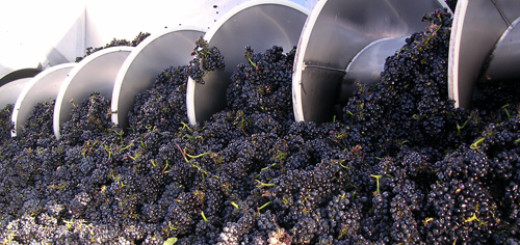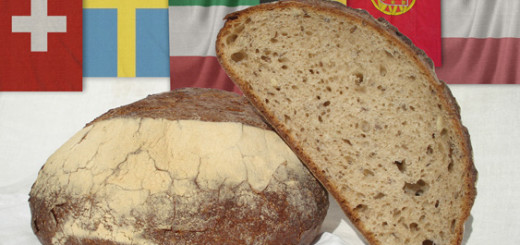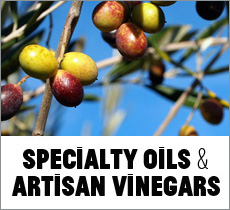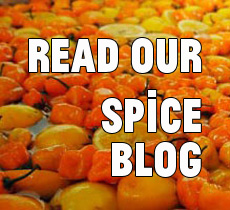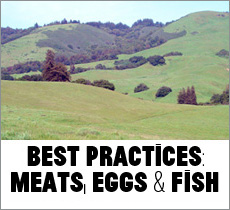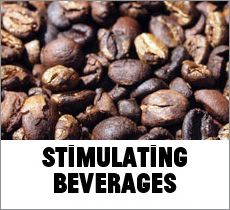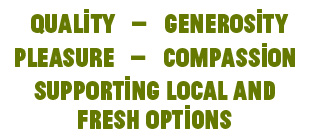Veterans Farming
A Viable Solution for Local Food Systems, and a Means to Heal
by Megan Zottarelli
The road from combat to home is a difficult transition for many veterans who have served in the wars in Iraq and Afghanistan. But if that road can stretch through farmlands, new opportunities emerge for healing, achievement, and gainful employment for many veterans who must navigate civilian life while dealing with the traumas of war.
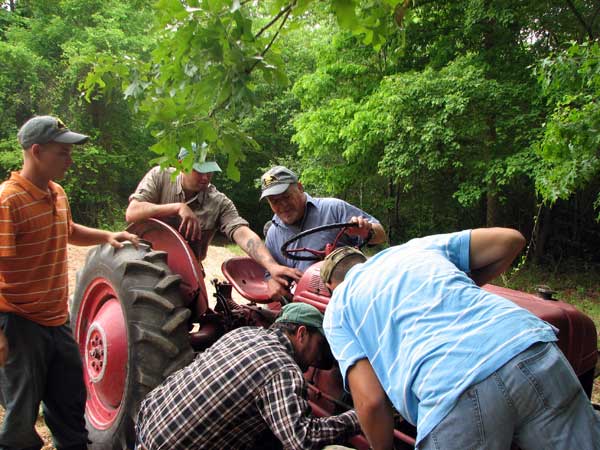
Learning tractor repair and maintenance
Unemployment numbers for young veterans are daunting, with many unable to transfer their military skills to viable civilian employment in an already burdened market. Many of these veterans return home to rural communities far from access to supportive services for their military transition. At the same time, America is experiencing an aging farming community with two farmers retiring for every one entering the field. Farming communities are in dire need of able-bodied young workers who can continue to keep small farms a contributing part of our food source. Finally, there is an increasing trend to move toward more sustainable and organic local food systems.
Veterans across the country are joining the agricultural movement as they retire from the military and return home to farm. Farming can mean full scale production, organic CSA operation, or even growing vegetables in their backyard. Organizations like the Farmer-Veteran Coalition in Davis, California have spearheaded this effort by providing veterans with education, risk management training, and technical assistance so they may become self-sufficient in farming.

Veterans learn about raising poultry
The Farmer-Veteran Coalition is a unique marriage of farmers and food industry leaders committed to overcoming agricultural, managerial, financial, and marketing obstacles together with young veterans who have little to no experience working in the civilian world but are ready and able to apply their skills. The mission of the Farmer-Veteran Coalition is to mobilize our food and farming community to create healthy and viable futures for America’s veterans by enlisting their help in building our green economy, rebuilding our rural communities, and securing a safe and healthy food supply for all. They do this through career development, educational farming retreats, mentoring by experts in business planning, production and marketing; fellowships and in-kind donations of seed, fertilizers, irrigation supplies, farm equipment, and breeding stock for veteran farmers; and job placements on working farms.
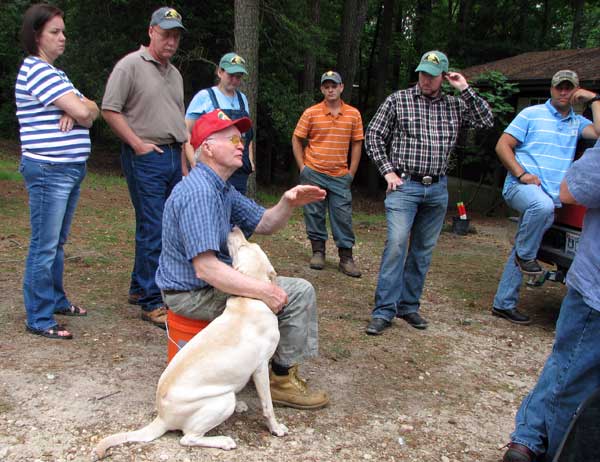
A farmer conveys his knowledge to veterans
Why are so many veterans interested in farming? Not only are the hands that are trained for combat now replenishing soil, fulfilling an agricultural need, and contributing to the healthy nourishment of the community, but they are provided a means of therapy as well. The shift from the difficult realities of war to the nurturing environment of a greenhouse or a hatchery has helped these veterans make impressive strides in their recovery and transition. Their fruitful labor is evident in the success of their crops and stock, and they may take immediate gratification in their harvest. As many of us realize while we tend our own gardens, there is a curative, almost meditative quality to getting our hands dirty and growing crops.
And believe it or not, the transition from combat to farm is often more seamless than pursuing other civilian jobs. For many veterans, their military service may be the only employment listed on their resume, having entered the service straight out of high school. Veterans can be unsure about how to apply for and how to interview for a job and employers are often wary of seeing a lack of civilian work experience or a possible military service-related disability. Employers and veterans both are unclear on how skills utilized in the military can translate into a different work environment. Whereas the typical job presents the challenge of trying to translate military skills and knowledge into a traditional workforce, tending farmlands presents a challenge much like neutralizing an IED or chartering a potential battleground. Powerhouse or aircraft mechanics can now diagnose and repair tractors and other farm equipment, and Explosive Ordinance Specialists can easily weld and structure iron and and steel equipment. They are taught to navigate the soil learning about all possible harmful agents, being watchful, cautious in how they proceed with their mission of a successful crop, and are committed just as they were in service.
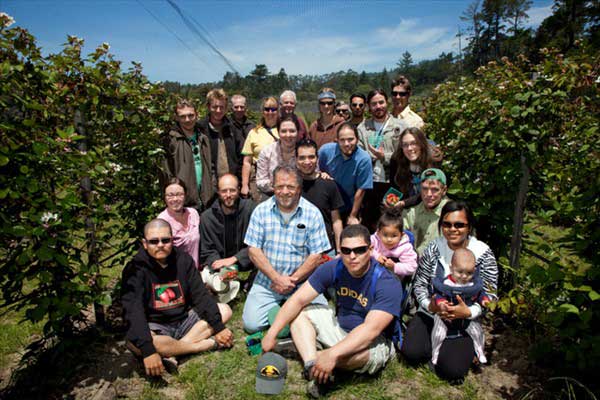
A FVC educational farming retreat in Santa Cruz with FVC founder Michael O’Gorman front and center
Farming does not necessarily make this group of veterans part of the green movement, but they are trained in green practices and encouraged to work sustainably. Ways to be green include the materials these farmers choose to market their wares in and whether they use solar power or electricity. A recent Farmer-Veteran Coalition fellowship applicant has plans to not only have an organic farm in the inner city, but to also use biofuel for the delivery vehicles. Another recent grantee stresses the importance of adding organic material to soil. “It’s really easy to buy a formula in a box from your local hardware store,” he states. “But your vegetable scraps and farm animal waste is not only like gold for your plants but is great for recycling too.”
Veteran farming is more than creating economically and ecologically viable farmers. It’s a means to heal. And through the unique pairing of the farming community with those who have served in war, we’re able to ensure a healthy agricultural future for our communities.
_______________
Terrell Spencer | OIF Army Veteran | West Fork, Arkansas
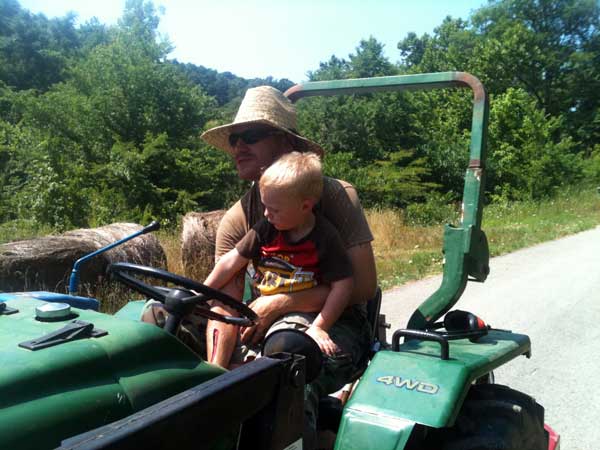
Spence, a veteran grantee in Arkansas with his tractor purchased with help from the Bob Woodruff Foundation
“I was a machine gunner in Iraq. Seeing the destroyed land and the hunger and pain pushed me into sustainable agriculture, into building and creating instead of taking and destroying.” — Terrell Spencer
Terrell “Spence” Spencer spent 9 years in the US Army Reserve, deploying as a machine gunner to Iraq. While on an escort mission in Baghdad, Spence was thrown from the gunner’s hatch resulting in serious back and neck injuries. To see Spence today, you would not know the amount of daily pain he lives with. Almost entirely by himself, Spence has carved a farm for his family out of the side of a mountain in Northwest Arkansas. The property is truly breath-taking with evidence of Spence’s handiwork from the stacks of firewood to hand-built chicken coops and carts.
Spence and his wife Carla currently operate an organic meat bird farm. With the help of the Bob Woodruff Foundation they will be building an egg washing station to expand their business to sell eggs as well as meat. This week the Farmer Veteran Coalition purchased a used tractor for Spence, who up to this point has done it all by hand or through a costly as-needed rental basis. In the spirit of the Fund, Spence has donated a pair of breeding turkeys, worth four hundred dollars, to Alex Sutton to help him start his business. Of all the Fellows, Spence is always the first to offer advice and help to his fellow grantees. In addition to his physical injuries, Spence has invisible wounds of war. In time he may choose to talk about what he has been through. For now, he is finding healing on his farm and in the love of his growing family.
Spence and the other Bob Woodruff Farming Fellow Grantees have all been invited by AgrAbility to attend the November 2011 National AgrAbility Conference with all expenses covered. The support of our Farmer Veterans and of the project means so much to the veterans themselves and to FVC staff. Uniting the veteran and farming communities to combat unemployment and provide places to heal is what our work is all about. By joining the Bob Woodruff Foundation in supporting veterans, our fellow non-profits, government programs and departments, and corporate donors are making this work possible.
For more information on the Farmer-Veteran Coalition, including how to donate in-kind items from your farm or garden, visit www.farmvetco.org.
_______________
Megan Zottarelli lives in San Francisco where she is a Policy Analyst for the Institute of Veteran Policy with Swords to Plowshares. S2P is a community-based not-for-profit organization dedicated to supporting veterans as they return to civilian life, through counseling, job training, and housing and legal assistance. Find out more at Swords to Plowshares.
[This article first appeared in the July-August 2011 issue of The Leaflet: Newsletter of the Central Coast Chapter of California Rare Fruit Growers, Inc. and is reproduced with permission]

